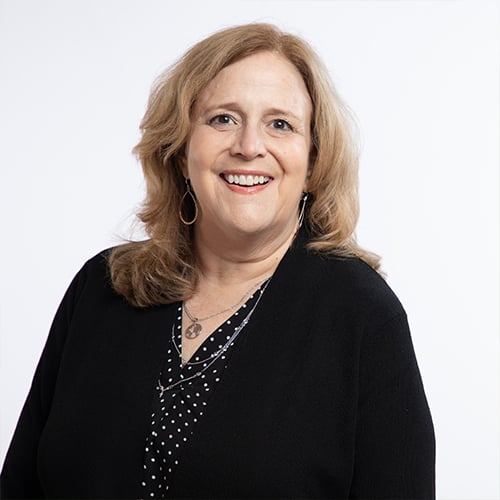In any given year, grantmaking foundations in the United States award BILLIONS of dollars to nonprofit organizations.
If you want to increase your chances of receiving some of those funds, consider thinking of foundations as individual donor prospects.
For example, let’s say you are seeking funding to launch a new program and have identified several foundations you think (hope) would award your organization a grant. You might be tempted to “beat the odds” by sending all of them a proposal hoping that one or more responds favorably.
Just as speed dating rarely leads to a marriage proposal, the “numbers game” is not the best strategy for securing grant funding. If you want to improve your chances of securing grant funding, take your time. Get to know the individuals at foundations, identify common interests, and develop a sound working relationship.
Start out by learning all you can about the foundations on your list. Study their websites and their profiles in a foundation database if possible. Pay special attention to each foundation’s funding priorities, geographic parameters, size of their grants and the list of “what they don’t fund”. Keep in mind, you are not looking for quantity; you are looking for quality foundation prospects.
Once you’ve pared down your number of prospects, you can focus on building a relationship with your top foundations. Contacting one of the foundation’s program officers will provide you an opportunity to find out if your project truly aligns with their interests. You are also likely to get some insights about ways you could strengthen your case for funding by asking prepared questions and listening, listening, listening.
The precious time you may get to talk with a program officer shouldn’t be spent with “selling” them on your project; it should be a time for finding out about what their foundation is interested in funding. Plan to talk and ask questions for 20% of the time and to listen for 80%. Sticking to that balance is more difficult than you think, especially if you are passionate about your program or cause. Sometimes it’s a good idea to bring along a colleague or a board member to the meeting who is willing to signal you if you start to talk too much. Remember, “if you’re talking, you aren’t learning”.
If you have trouble getting a meeting with a program officer, enlist others to make an introduction for you. Forward the foundation’s staff and trustee rosters to your board members and ask them if they know anyone on the list and if they would be willing to make an introduction for you.
Whether your proposal is selected to receive a grant or not, continue to develop the relationship you initiated at the beginning of the process. If you didn’t receive the grant you hoped for, ask for advice about how you can improve your chances the next time.
Many proposals aren’t funded, so don’t get discouraged. The next time you are seeking grant funding, you’ll be starting the process with a relationship that can help you navigate the waters.
If you are awarded funding, don’t just thank the Foundation President and Board of Trustees, handwrite a personal note of thanks to the program officer as well. And don’t stop with just thank you letters. Keep the foundation informed on how your organization is using the grant funds, report on your progress with the program, send videos or photos or stories about the impact of their philanthropic investment.
Taking the time to establish – and maintain – strong relationships with donors is key to a long-term successful fundraising program. By employing similar strategies with foundations, you’ll have a greater chance at success both in the near and short term.
What about you? Share stories about how you have developed relationships with foundation staff and the difference it made in your organization’s grant funding success.
Photo by Christina @ wocintechchat.com on Unsplash

